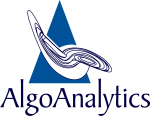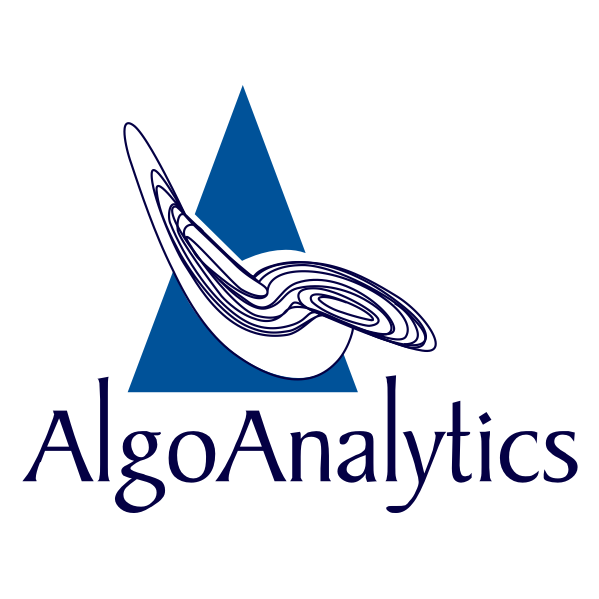By Tanishq Chavan
The Expansive World of Artificial Intelligence: An In-depth Exploration
Artificial Intelligence (AI), the development of computer systems capable of performing tasks requiring human intelligence, has become a core component of our daily lives. From personal assistants to advanced industrial applications, AI is reshaping the world. In 2024, a significant advancement occurred in AI with the emergence of personal AI or chatbots, providing human-like responses and proving immensely useful across various workplaces. However, AI isn’t monolithic—it spans multiple types including Consumer AI, Industrial AI, and Cross-Industry AI.
The Prominent Role of Consumer AI
Consumer AI encompasses technologies designed for individual users, enhancing experiences in retail, entertainment, and health. A McKinsey survey in 2024 revealed that 65% of organizations regularly used generative AI, nearly doubling from the previous year due to the demand for personalized customer experiences and efficiency improvements.
Key Developments in Consumer AI:
- Conversational AI Revolution:
- Large Language Models (LLMs) such as OpenAI’s GPT-4, DeepSeek-V2, and Google’s Gemini power chatbots and virtual assistants, increasing customer service efficiency by 40-50%.
- Companies like Johnson & Johnson and Procter & Gamble harness AI-powered chatbots and personalized marketing to boost customer satisfaction and sales.
- The AI consumer packaged goods (CPG) market value soared to $2.46 billion in 2024, illustrating AI’s growing dominance in the consumer sector.
2. AI in Personalized Shopping & Retail:
- AI-driven recommendation engines by Amazon, Netflix, and Spotify have improved consumer engagement and retention rates.
- Retailers leverage AI-powered inventory management, reducing stock waste and optimizing supply chains.
3. DeepSeek and OpenAI: AI Model Advancements
- DeepSeek-V2, an emerging LLM, has demonstrated significant improvements in natural language understanding, challenging established models like GPT-4.
- The combination of DeepSeek’s multi-modal learning with OpenAI’s chat models has resulted in enhanced performance for customer interactions, fraud detection, and content generation.
- AI-powered assistants are now achieving 85-90% accuracy in real-time decision-making scenarios.
Industrial AI: The Powerhouse of Innovation
Industrial AI, specifically designed to create customized, scalable AI solutions, aligns with companies’ processes, data, and strategic goals. Platforms like Google Cloud Platform (GCP) and Palantir are pivotal in this domain.
Industrial AI has emerged as a market leader, with enterprises demanding complex AI-led solutions to streamline tasks, reduce expenses, and minimize manual errors. AI has transformed the ERP landscape by automating mundane tasks and enabling root cause analysis for maintenance issues, making operations more efficient and cost-effective.
Key Developments in Industrial AI:
- Algo-Analytics: Pioneers in Cutting-Edge AI Solutions
- Aksha: An AI-powered intelligent video surveillance solution, transforming traditional CCTV into Smart Surveillance Systems.
- AQuality: A visual inspection system specializing in real-time surface defect detection.
- Infosys & AI Integration:
- Infosys shifted from rule-based ERP systems to ‘Process-as-a-Service’, creating intelligent systems that continuously learn and adapt.
- AI-enhanced ERP (Enterprise Resource Planning) systems optimize workflows, supply chain logistics, and predictive maintenance.
- Quality Control & Smart Manufacturing:
- AI enhances real-time monitoring and defect detection, ensuring high product quality.
- Predictive maintenance minimizes downtime and extends the lifespan of machinery.
- AI-driven automation leads to fully autonomous production lines, optimizing processes and reducing human errors.
- Companies like Siemens and General Electric (GE) leverage AI-powered industrial automation to improve efficiency and reduce operational risks.
Balancing Consumer and Industrial AI: A Symbiotic Relationship
Consumer AI and industrial AI serve distinct purposes, operate with different datasets, and require unique approaches to customization and deployment. Below is a comparative analysis of these two AI domains:
| Feature | Consumer AI | Industrial AI |
| Primary Use | Personal assistance, entertainment, recommendation systems | Automation, optimization, predictive maintenance |
| Data Sources | Utilizes publicly available data to cater to general user needs like User interactions, social media, e-commerce data | Utilizes proprietary business data from IoT sensors, machine logs, operational data to address specific organizational challenges |
| Customization | Mass-market solutions, generalized models | Highly specialized and industry-specific applications |
| Latency Needs | Often real-time for user experience | Can vary; some processes require real-time while others analyze historical data |
| Regulatory Impact | Consumer privacy laws, ethical AI concerns | Strict safety, compliance, and industry regulations |
| Computational Requirements | Cloud-based, scalable | Edge computing, high-performance computing (HPC) |
Conclusion
Recent AI advancements have blurred the distinctions between consumer and industrial applications, leading to a more interconnected ecosystem. One prime example is Generative AI in Manufacturing. Initially designed for content creation in consumer applications, generative AI is now being used in industrial settings for automated design prototyping, predictive maintenance, and supply chain optimization.
For instance, companies like Siemens and General Electric are leveraging AI-driven digital twins—an innovation originally seen in gaming and consumer simulations—to enhance industrial operations.
Ultimately, while Consumer AI and Industrial AI serve different purposes, understanding their distinctions is key to leveraging AI effectively in a rapidly evolving landscape.
References:
What Is the Difference Between Consumer AI and Enterprise AI?
Enterprise AI vs Consumer AI: understanding how the two differ
AI’s impact on industries in 2025 | Google Cloud Blog
The Crucial Distinction: Consumer AI vs. Enterprise AI
Mckinsey’s survey on AI Adaptation

